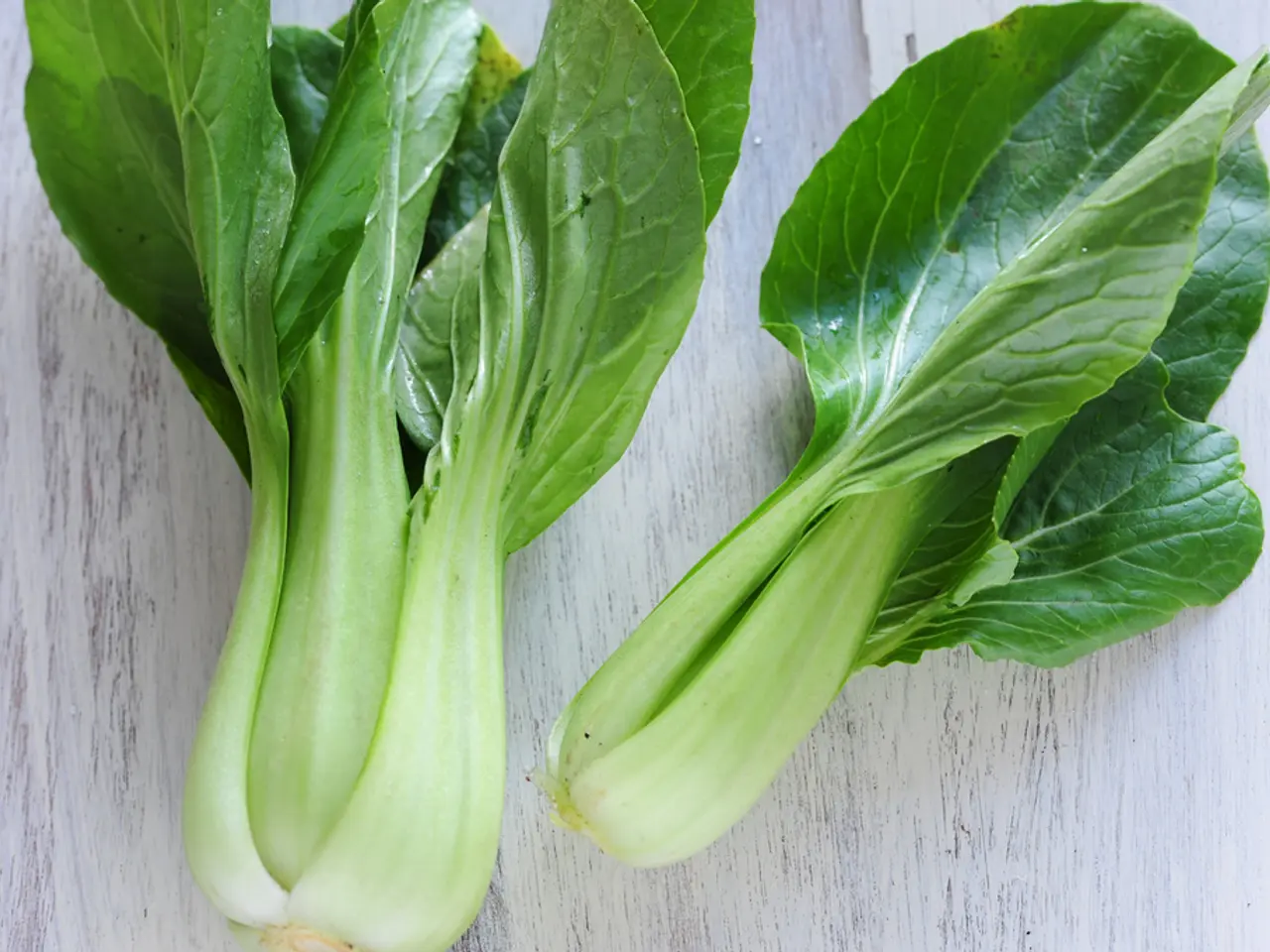Quick Guide: Top 10 Vegetables Easily Managed by Novice Gardeners
In the spirit of cultivating a thriving garden, here's a beginner's guide to growing some of the easiest vegetables for those taking their first steps into the world of gardening.
For novice gardeners, vegetables like lettuce, green beans, radishes, zucchini, tomatoes, beets, carrots, peas, garlic, and squash make for a manageable and rewarding experience. Let's delve into the growing requirements and tips for each:
- Lettuce: Requires well-drained, fertile soil with consistent moisture. Grows best in cooler weather and partial shade. Can be harvested as leaf or head lettuce, ready in about 30 days for the first cuttings.
- Green Beans: Sow seeds directly in the garden after the last frost. Need full sun and well-drained soil. Provide support for pole varieties; bush types don't need staking. They mature in about 50-60 days.
- Radishes: Favor cool weather; quick-growing (can mature in as little as 20-30 days). Plant in full sun with well-drained, loose soil. Regular watering prevents them from becoming woody.
- Zucchini (Summer Squash): Plant in full sun and rich soil. Seeds can be sown directly outdoors after danger of frost has passed. Zucchinis mature quickly (about 45-60 days) and require good spacing for air circulation.
- Tomatoes: Need 6-8 hours of direct sunlight, rich well-drained soil with good organic matter. Start indoors early or buy seedlings to extend the growing season. Stake or cage plants to support fruit.
- Beets: Grow well in full sun and fertile, well-drained soil. Seeds can be sown directly and thin seedlings to allow root growth. Beets mature in approximately 50-60 days.
- Carrots: Prefer deep, loose, sandy soil free of stones. Sow seeds directly and keep the soil moist. Carrots take about 60-70 days to mature.
- Peas: Plant in early spring or late summer for a fall crop. Require full sun to partial shade and cool conditions. Support with trellises if growing pole varieties. Peas mature in about 60 days.
- Garlic: Plant cloves in the fall before ground freezes for harvest the next summer. Needs full sun and well-drained soil. Mulching helps overwintering and moisture retention.
- Squash: Like zucchini, squash thrives in full sun and rich, well-draining soil. Sow seeds directly after frost or start indoors. Require plenty of space and mature in about 50-60 days.
General Tips for Beginners:
- Choose a sunny location with 6-8 hours of sunlight daily and good drainage.
- Prepare soil well by enriching with compost or organic matter to improve fertility and texture.
- Plant seeds or seedlings according to each plant’s timing—direct sow root crops and beans after frost, start tomatoes indoors earlier.
- Water consistently, especially during dry spells, but avoid waterlogging.
- Mulch around plants to retain moisture, suppress weeds, and improve soil health.
- Practice companion planting to boost growth and deter pests (e.g., basil near tomatoes, carrots near onions).
- Harvest regularly to encourage continued production especially for crops like lettuce, peas, and beans.
By focusing on these easy-to-grow vegetables and following these growing requirements, beginners can create a thriving garden with rewarding harvests.
Carrots are composed of 88% water.Carrots taste their sweetest when basking in full sunlight.Peas thrive best in full sun and deep, well-draining organic soils with a pH between 6.0 and 7.0.Beets are ready to harvest when their roots are about the size of a golf ball, which usually takes between 50 to 70 days after planting.Beets are easy to grow and rarely troubled by pests or diseases.Cherry tomatoes are a breeze to grow and can be ready to harvest in 50 to 60 days after planting.Carrots are easy to grow and thrive in well-prepared, fertile soil.Zucchini thrives in full sun and loves soil rich in organic matter that stays consistently moist.Proper spacing is important for a good quality beet crop.
- By focusing on home-and-garden tasks like gardening and following a beginner's guide, novice gardeners can cultivate a lifestyle that includes growing their own vegetables such as carrots and zucchini.
- Gardening enthusiasts may find it rewarding to grow some easy-to-manage vegetables like lettuce and peas, which thrive in a sunny location with well-draining soil and consistent moisture.




